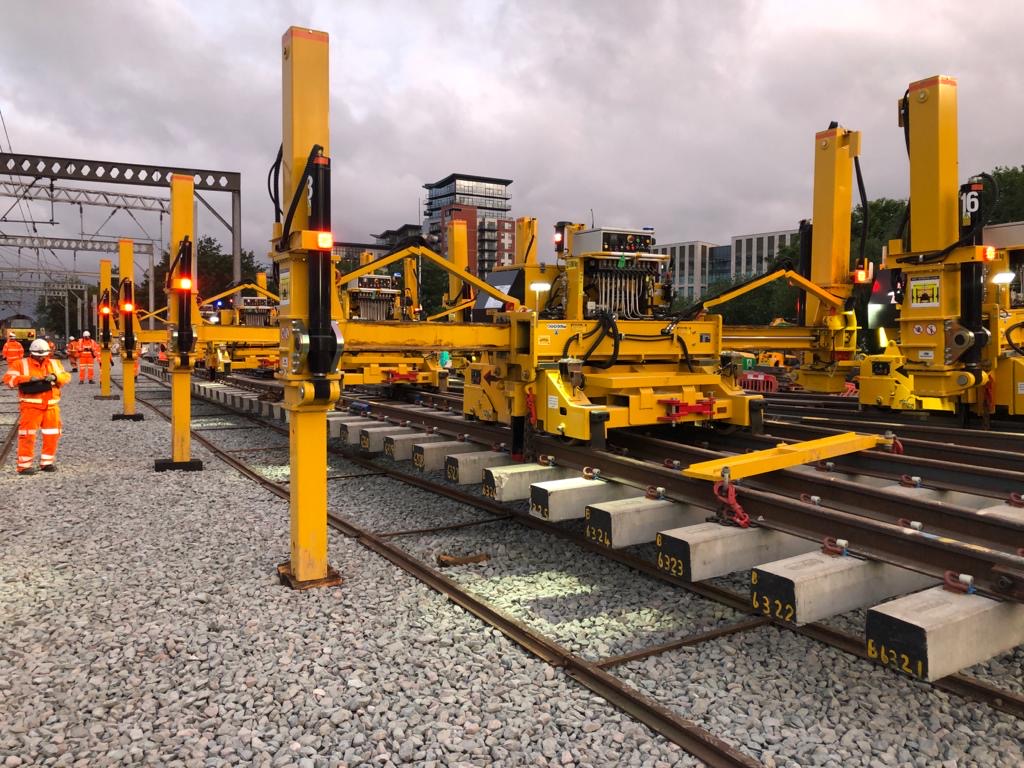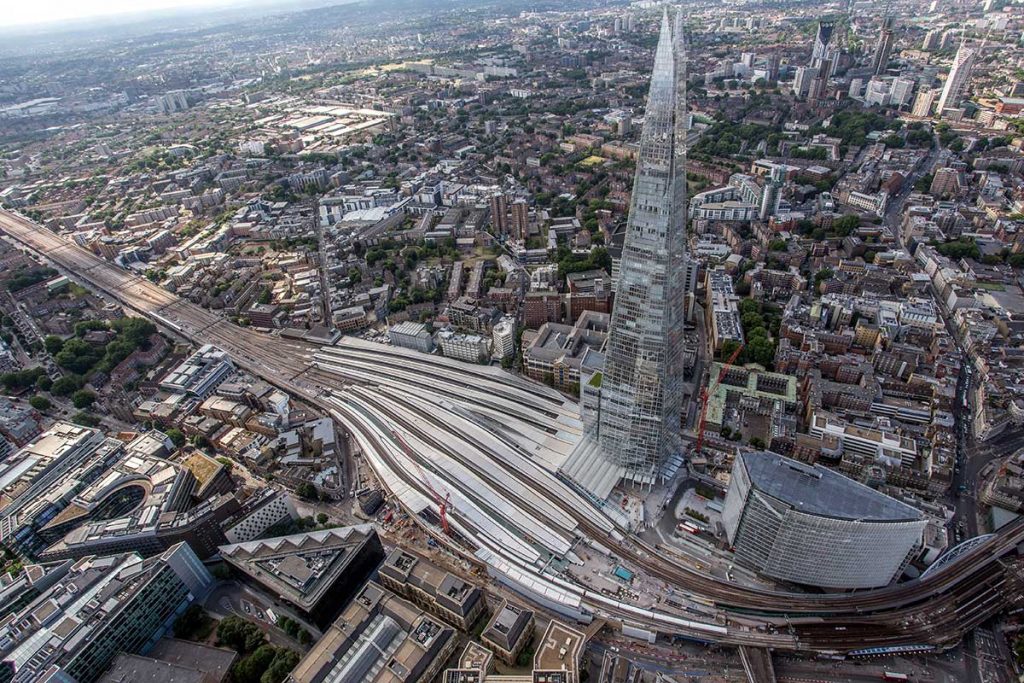Our teams across Britain are preparing to deliver essential upgrades and maintenance over the August bank holiday to improve your journeys.
We plan big engineering works for certain times so they cause the least disruption, such as on bank holidays, Sundays and overnight. Read more about why we do this here.
We know delays are frustrating and we do all we can to prevent them. You might think a lot of these planned engineering works overrun but in fact, just more than 99% complete on time, allowing us to return the railway to train services on schedule.
Planning in fine detail
We plan many of our engineering projects far in advance – in some cases, up to five years for the large bank holiday works.
We do this because we need to:
- Agree access to the railway with passenger train and freight train operating companies – and give them ample time to plan their services and minimise disruption to passengers and freight. For example, we must ensure there’s always a route up to Scotland and across to Wales.
- Allocate equipment such as cranes and wagons, which are always in high demand. Our Route Services department, which organises materials and certain services for our separate routes, makes sure our equipment is used efficiently across Britain.

- Ensure separate engineering projects don’t conflict with each other because this could cause too much disruption to you or freight.
- Schedule enough time to complete large pieces of work, including contingency time at the end of our projects in case we run into delays.
Gallery: Our Route Services department allocates equipment like cranes, our High Output ballast cleaner and wagons where they’re needed during our bank holiday works
‘Projects are usually delayed, aren’t they?’ The truth is, they’re almost always on time…
More than 99% percent of the time, we reopen railway to trains on schedule and as planned. Most of the detailed planning for big projects takes place in the final year before the work and we don’t start work that has a completion confidence level of less than 90%.
However, sometimes problems occur that are more difficult for us to predict. The most common causes include:
- Severe weather, such as very cold temperatures, which can disrupt work by freezing ballast (the stones that make up the track bed) before it arrives on site; high winds, which can affect us when we use cranes on our sites, or severe rainfall, which can sometimes cause flooding.
- Staff sickness – we usually develop our plans to include contingency staff, however this isn’t always possible.
- Equipment failure – we take very good care of all our machinery but it has been known to break down on site. We often have specialist engineers on site who are trained to fix our machinery but occasionally it needs a specialist part before we can repair it, costing us time.

The potential for disruption typically depends on the complexity of the job. We often need to carry out more complicated jobs on much busier parts of the railway that feature more tracks and more complex layouts.
For these jobs – such as many of the upgrades and renewals that we carry out on many of the major commuter routes in and out of our major cities – we often have as little as 10 minutes between completing the project and the first passenger train travelling through the area.
How do we respond to these delays?
It depends on how significant the delay is likely to be. Most of our jobs contain ‘decision points’ or ‘hold points’ in the plan. This means we can monitor progress against the plan and adapt it should we fall behind.
All this means we make returning the railway to train operators our priority, make the site safe for services, clear the area and hand back the line to trains. Where possible, we then reschedule the remainder of the work and complete it another time.
We do our best to keep you moving. Thank you for bearing with us while we ensure your railway upgrades complete safely.